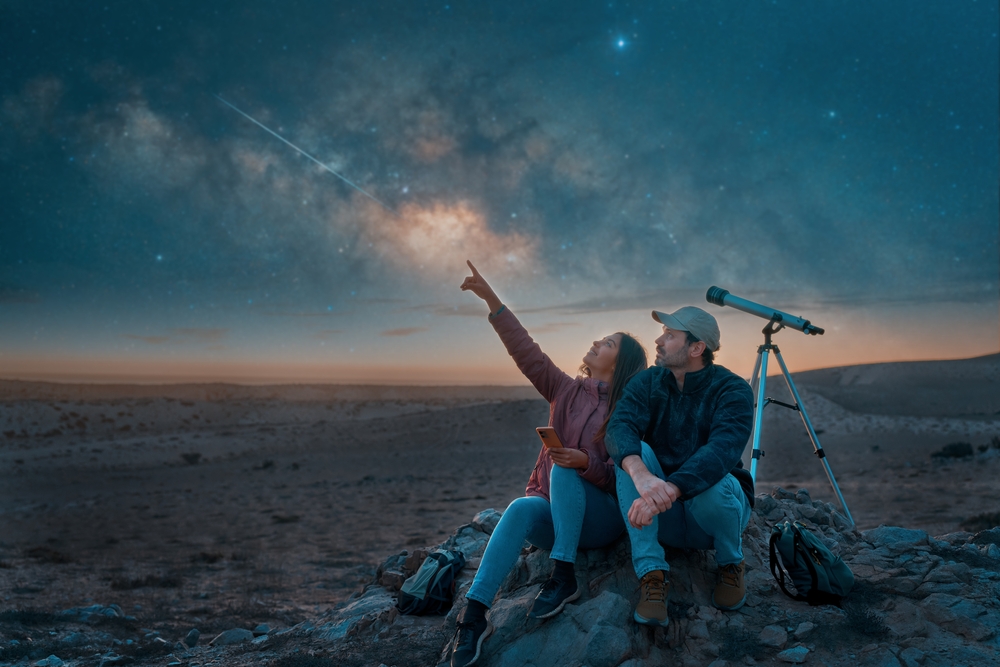Astrotourism is on the rise, according to travel experts, with more people eager to witness celestial events firsthand. The surge in interest follows the stunning northern lights displays and the total solar eclipse in 2024, which left many travelers craving more cosmic adventures. The desire to see the night sky’s wonders has never been higher, and people are increasingly planning trips around these unique events.
However, for a significant portion of the world’s population, catching a glimpse of the Milky Way from home has become nearly impossible. In the United States, the problem is especially dire. Thanks to light pollution, around 80 percent of North Americans are unable to see the Milky Way from their backyards. For most people in the U.S., even seeing stars is a challenge, as only the brightest ones are visible in urban areas. This means many Americans need to pack their bags and travel to remote locations if they want to experience the night sky at its best. Older travelers, particularly those looking to check off their bucket list items, are prioritizing astrotourism, according to a recent AARP survey.
In Iceland, interest in stargazing has spiked, with Hotel Rangá seeing a surge in bookings. The hotel’s marketing manager noted that demand for stargazing sessions has been climbing, and bookings for the 2026 total solar eclipse—set to be visible from Iceland—are already skyrocketing. It’s clear that celestial events are becoming must-see attractions for those wanting to witness something rare and awe-inspiring.
Of course, not all astrotourism experiences are created equal. Some travelers are seeking more immersive, remote locations where the skies are free from light pollution. Design firms like Luxury Frontiers, which specialize in ecotourism, have seen growing interest from clients looking for destinations that offer pristine, star-filled skies. The best spots are those where natural conditions reduce both light and noise pollution, enhancing the experience of gazing at the stars under truly dark skies.
For those unable to make it to a remote destination, there are still plenty of ways to indulge in astrotourism. Various programs around the world cater to this demand, from celestial walking tours in Rome to astrophotography lessons in the South Pacific, and even sleepovers under the dark skies of Africa. Hotel Rangá, in particular, has embraced the trend, offering a special stargazing package that includes a private session with an in-house astronomer, a personalized map of constellations, and the chance to “starbathe” in geothermal hot tubs. The hotel even accommodates older travelers with easy access to the observatory and ensures no one misses out on a northern lights display with wake-up calls for when the spectacle appears.


